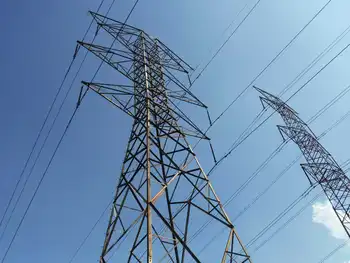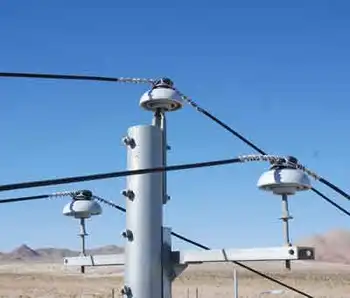Wind power and public health
- Growing body of research finds wind health claims linked to power of suggestion by anti-wind groups.
A new clinical study out of Australia finds that so-called "wind turbine sickness" may actually be caused by the suggestion from anti-wind groups that turbines make people sick.' The study found that 63 percent of Australia's 49 wind farms had never been the subject of any health complaint from nearby residents. It also found 68 percent of the 120 complaints that have been made came from residents living near wind farms heavily targeted by the anti-wind farm lobby, and that ''the advent of anti-wind farm groups beginning to foment concerns about health from around 2009 was also strongly correlated with actual complaints being made."
Study lead Simon Chapman, professor of public health at Sydney University, has said the results suggest that health problems attributed to wind energy are a "communicated disease" – or a sickness spread by the suggestion that something is likely to make a person sick. This is caused by the "nocebo effect" – the opposite of the placebo effect – in which the belief something can cause an illness creates the perception of illness. Chapman found a much greater connection between negative attitudes toward wind turbines and reports of health effects than any "objective measures of actual exposure."
"We review all credible information on the subject of wind turbines and human health as it is made available and it is clear that the balance of scientific evidence shows that wind turbines do not have an impact on human health. These new studies are of interest because they may have relevance for Canada where the majority of operating wind farms have not been the subject of health complaints by residents but anti-wind individuals and organizations have been traveling across Ontario and across Canada suggesting that Canadians will become ill from wind turbines."
"In many cases these presentations are made long before a wind turbine has even been constructed", says Robert Hornung, president of the Canadian Wind Energy Association CanWEA. "We believe Canadians should base their decisions about energy on facts grounded in the best scientific evidence. The fact remains that wind energy is one of the safest forms of electricity generation for both humans and wildlife."
Similar conclusions have been drawn in other research papers released this month.
Crichton, Fiona Dodd, George Schmid, Gian Gamble, Greg Petrie, Keith J. "Can Expectations Produce Symptoms From Infrasound Associated With Wind Turbines?” Health Psychology, March 2013 states that "Results suggest psychological expectations could explain the link between wind turbine exposure and health complaints."
Michael Witthöft, G. James Rubin "Are media warnings about the adverse health effects of modern life self-fulfilling? An experimental study on idiopathic environmental intolerance attributed to electromagnetic fields IEI-EMF", Journal of Psychosomatic Research, March 2013 concludes that "Media reports about the adverse effects of supposedly hazardous substances can increase the likelihood of experiencing symptoms following sham exposure and developing an apparent sensitivity to it."
For more information on wind energy and human health, visit: http://windfacts.ca/your-health.
Related News

Iran to Become Regional Hub for Renewable Energies
TEHRAN - Deputy Energy Minister on Renewable Energies Affairs says the U.S. sanctions have currently affected the economic, banking and forex sectors of the country as the country‘s medicine is under sanctions and it means renewable energies are also under sanctions.
Speaking in a press conference yesterday, Mohammad Satkin said leading countries first focus on productivity then they turn to electricity production and the ministry in the first step has focused on productivity then on renewables, reiterating that the ministry will use all existing potentials in this regard especially in utilizing wind.
He added that the ministry is doing its best that…




